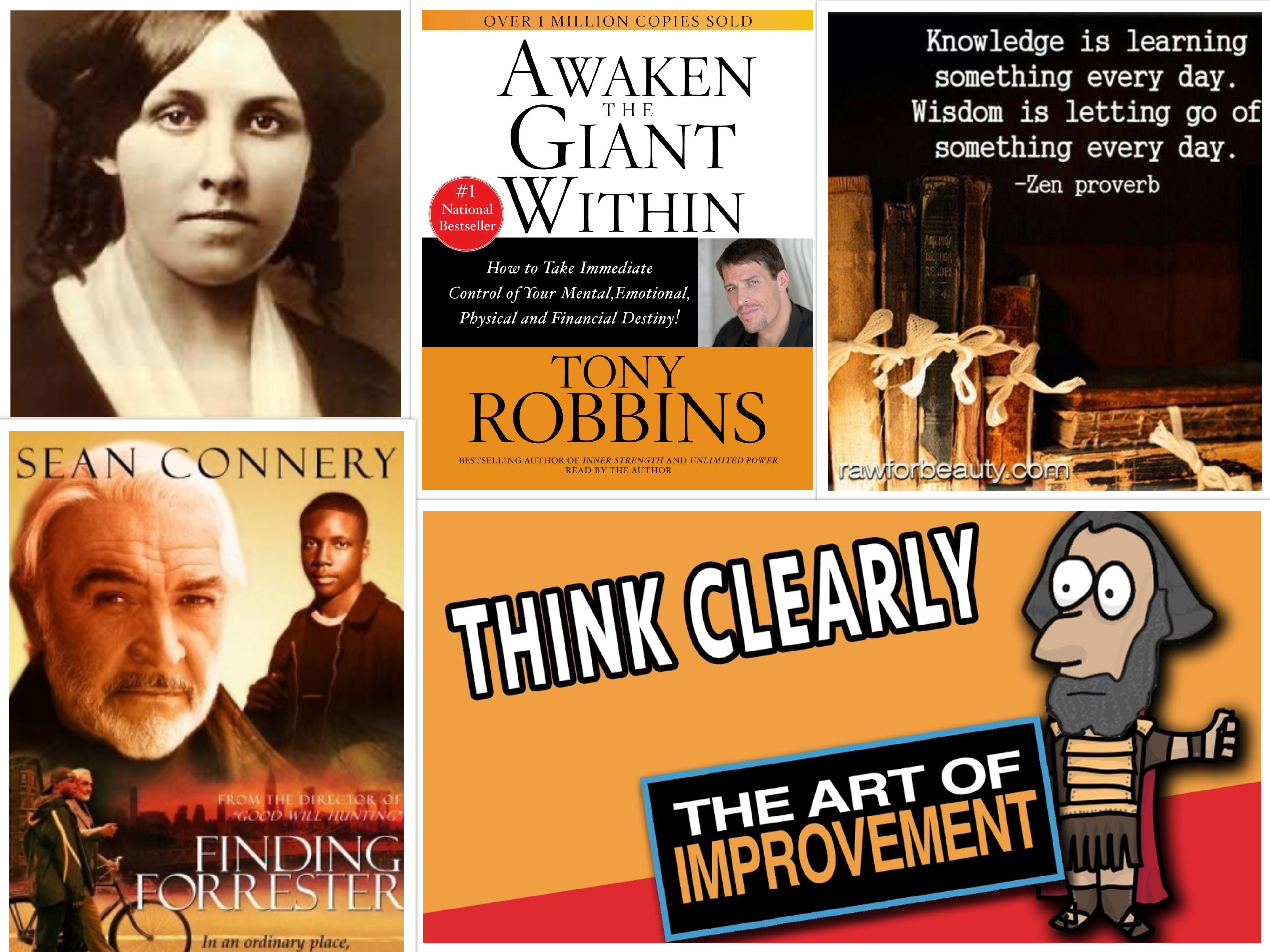Sunday Supplement #36 (January 16th, 2022)
Below is another Sunday Supplement with a quote worth sharing, a book worth reading, a movie worth watching, brainfood worth consuming, and a spiritual passage worth pondering.
I hope you take something away from these recommendations that enriches your week ahead!
Quote of the Week:
“Whoever is happy will make others happy too.”
– Anne Frank
Book of the Week:
The Obstacle is the Way – Ryan Holiday
Ryan Holiday dropped out of college at 19 to apprentice under Robert Greene, author of The 48 Laws of Power. Holiday went on to advise multiplatinum musicians and bestselling authors. He is a media strategist and bestselling author whose campaigns have been used as case studies by Google, YouTube, and Twitter.
The Obstacle is the Way is Holidays bestselling book that breaks down Stoicism and the principles laid down by the Roman Emperor Marcus Aurelius.
The book breaks down into three parts. The first discusses and analyses perception. The second focuses on action. And the third highlights will. Each has specific components that showcase the value of each term and how others used them to make their lives better.
The book’s subheading reads The Timeless Art of Turning Trials into Triumph.
Holiday’s guide to Stoicism with examples of the famous people who’ve used its practices (i.e., John D. Rockefeller, Amelia Earhart, Ulysses S. Grant, and Steve Jobs) is a brilliant read. A grain of salt should be added with the principles, but it is a self-help manual well worth putting on your list of books to read.
Movie of the Week:
Robin Williams provided much joy to many people throughout his life. As an actor, Mrs. Doubtfire is arguably his best work.
The script, written by Anne Fine, Randi Mayem Singer, and Leslie Dixon, follows an actor after a bitter divorce and his attempts to spend time with his kids. He disguises himself as a female housekeeper and gains employment under his former wife to take care of the kids while she’s at work.
The movie brilliantly showcases both comedy and drama throughout. The story takes the complexity of the characters’ situations and doesn’t try to downplay the seriousness. Instead, the film focuses on the emotions of each scene while bringing out the absurdity and sadness in the right places.
Mrs. Doubtfire only received one Oscar nomination for Best Makeup. The film won the category, but it got snubbed in many other categories. The acting was superb from all involved, including Sally Field, Pierce Brosnan, Harvey Fierstein, Lisa Jakub, Matthew Lawrence, and Mara Wilson.
Chris Columbus directed this masterpiece, but Robin Williams steals the show. If you haven’t seen the movie, check it out. And if it’s been a while, it’s worth putting on the to-watch list again.
Brainfood of the Week:
Matthew McConaughey – This Is Why You’re Not Happy | Absolute Motivation
Absolute Motivation is a YouTube channel that aims to enhance the human experience by creating thought-provoking and actionable content that helps exercise, stimulate, and expand the mind and consciousness.
In this video, Absolute Motivation uses a speech from Matthew McConaughey that emphasizes the necessity of playing like an underdog and focusing on joy rather than happiness.
McConaughey is an Oscar-winning actor and philanthropist. His career and life journey is incredible and can be glimpsed through his memoir Green Lights.
His speech explains how happiness can be an emotional response to an outcome and can be rooted in a cause and effect standard that we raise every time we attain it. Because happiness can become result-oriented, we can often be let down frequently and depressed.
However, we find joy in doing what we love, no matter the outcome. Joy is not a response but an experience and a constant process. And gratitude can be a shortcut to joy and can help your focus shift toward what you have, which grows.
Pursuing joy doesn’t mean ignoring failure. But, you can analyze and dissect what makes us happy and what makes us sad. We can see what helps us and what hurts us. Then we can move toward success and joy from what we learn.
McConaughey explains the importance of finding your priorities and getting rid of the things, places, and people that don’t serve those priories or drag you down from what’s meaningful to you. He expresses how vital it is to define what success means for you and to move in that direction.
Get rid of the excess and focus on what’s important to you. Give yourself a break and eliminate what doesn’t help you.
Closing Spiritual Passage:
“The festival afterwards.” (後の祭り)
– Japanese Proverb
This Japanese proverb stands for not dwelling on something after the incident has already happened. Even if you regret something, the event has already passed, and it’s too late to change the outcome.
For me, this isn’t something sad. The proverb reminds me that, after processing the emotions, there isn’t any point in dwelling on the negatives. If I experience sadness when the scars get rubber, that’s okay. But I do get to choose how I move forward.
There is a lot of power in choosing how you want to view an event. Something sad or depressing will always be that way on one level, but you can also reframe the experience on another level and learn a valuable lesson.
The festival afterwards reminds me to find the silver lining in the cloud. The knowledge or perspective I gain can help me grow and find peace and happiness.
Find happiness in your perspective on life, and have a blessed week ahead!
1 Comment

